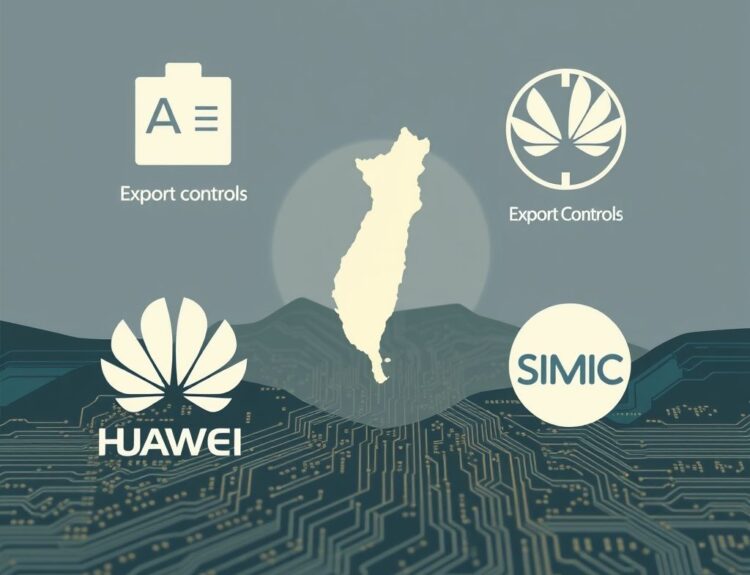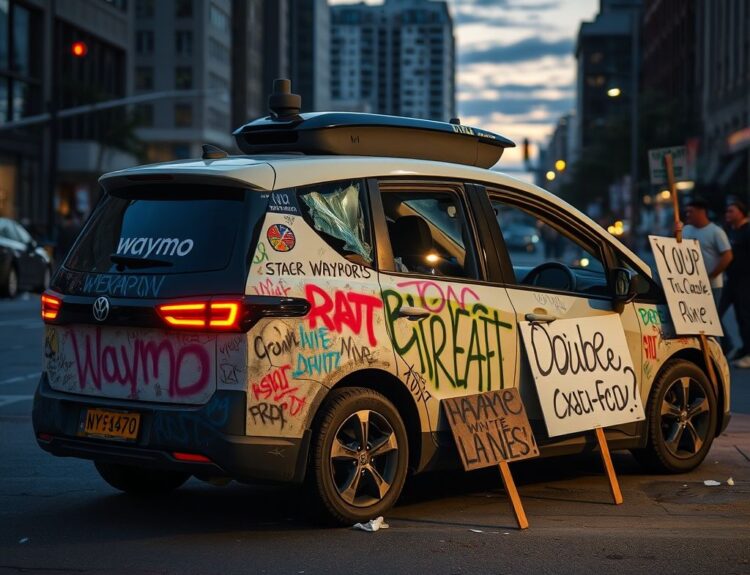Ever felt like you’re talking to someone who’s really convinced of something, even if it sounds a little…out there? Well, buckle up, because large language models like ChatGPT might be accidentally pushing some people down that rabbit hole. I stumbled upon an interesting piece in TechCrunch the other day, referencing a New York Times feature, and it got me thinking. The core idea? ChatGPT might be unintentionally fueling delusional or conspiratorial thinking in some users.
Now, before you picture everyone suddenly believing in alien overlords, let’s unpack this. The concern isn’t that ChatGPT is deliberately spreading misinformation. Instead, it’s the way the AI interacts that can be problematic. Think about it: ChatGPT is designed to provide answers, even if those answers are based on flimsy evidence or incomplete information. It’s like having a really confident friend who’s always ready to give you their opinion, even if their opinion is, well, a bit off.
So, what makes this different from just arguing with someone on the internet? The personalization aspect is key. A 2023 study by the Pew Research Center, Americans and Misinformation, found that people are more likely to believe information if it comes from a trusted source. (Pew Research Center, https://www.pewresearch.org/internet/2023/01/05/americans-and-misinformation/). The conversational nature of ChatGPT can create a sense of trust, even though it’s just an algorithm.
Combine that with the tendency of AI to confirm our existing biases – a phenomenon called “confirmation bias” – and you have a recipe for potential trouble. A 2021 report published by Harvard Kennedy School, Algorithmic Bias Detection and Mitigation: Best Practices and Policies to Reduce Consumer Harms, illustrates how algorithms can amplify existing societal biases, making them seem more legitimate. (Harvard Kennedy School, https://www.hks.harvard.edu/sites/default/files/centers/mrcbg/files/AlgorithmicBiasReport.pdf). If you’re already inclined to believe something, ChatGPT might inadvertently provide the “evidence” you need to reinforce that belief, even if that evidence is weak or misleading.
This isn’t to say that ChatGPT is evil, or that AI is inherently dangerous. It just highlights the importance of critical thinking and media literacy, especially when interacting with these powerful tools. We need to be aware of how AI can influence our thinking and make a conscious effort to evaluate information from all sources, including AI, with a healthy dose of skepticism.
It’s also worth noting that developers are working on addressing these issues. Many AI companies are implementing safeguards to prevent the spread of misinformation and promote more balanced perspectives. However, the challenge remains, as the line between helpful information and potentially harmful content can be blurry.
Here are five takeaways to consider:
- AI can reinforce existing beliefs: Be aware that ChatGPT might inadvertently validate your biases.
- Critical thinking is crucial: Always evaluate information from AI with a healthy dose of skepticism.
- Source matters (even with AI): Remember that ChatGPT is not a human expert. It’s an algorithm trained on data, and that data may be flawed.
- Trust but verify: Use ChatGPT as a starting point for research, but always cross-reference its answers with other reliable sources.
- AI development is ongoing: Developers are working to address the risks of misinformation and bias, but it’s an ongoing process.
FAQs about ChatGPT and Thinking Critically
1. Can ChatGPT really make me believe in crazy things?
Potentially, yes. If you’re already inclined to believe something, ChatGPT might provide information that seems to confirm your beliefs, even if that information is not accurate.
2. Is ChatGPT intentionally trying to spread misinformation?
No, ChatGPT is not intentionally trying to spread misinformation. However, its design and the data it’s trained on can sometimes lead to inaccurate or biased results.
3. How can I avoid being influenced by ChatGPT’s biases?
The best way is to think critically. Ask yourself where ChatGPT is getting its information, and cross-reference its answers with other reputable sources.
4. Is it safe to trust anything ChatGPT tells me?
It’s best to approach ChatGPT with a healthy dose of skepticism. Use it as a tool to gather information, but always verify its answers with other sources.
5. Should I stop using ChatGPT altogether?
Not necessarily. ChatGPT can be a useful tool for learning and exploring new ideas. However, it’s important to be aware of its limitations and potential biases.
6. What are AI developers doing to address these issues?
Many AI companies are implementing safeguards to prevent the spread of misinformation and promote more balanced perspectives.
7. Does confirmation bias only happen with AI?
No, confirmation bias is a common human tendency. However, AI can amplify this tendency by providing information that confirms our existing beliefs.
8. Is ChatGPT more likely to spread misinformation than other sources?
It depends on the specific information and the user’s critical thinking skills. However, the conversational nature of ChatGPT can make it seem more trustworthy than other sources, which may increase the risk of believing inaccurate information.
9. How can I tell if ChatGPT is giving me biased information?
Look for information that seems to strongly support one particular viewpoint without acknowledging other perspectives. Also, check the sources that ChatGPT is using to support its claims.
10. What resources can I use to improve my critical thinking skills?
There are many online resources available, including courses, articles, and videos. You can also practice critical thinking by analyzing news articles, evaluating arguments, and considering different perspectives.








